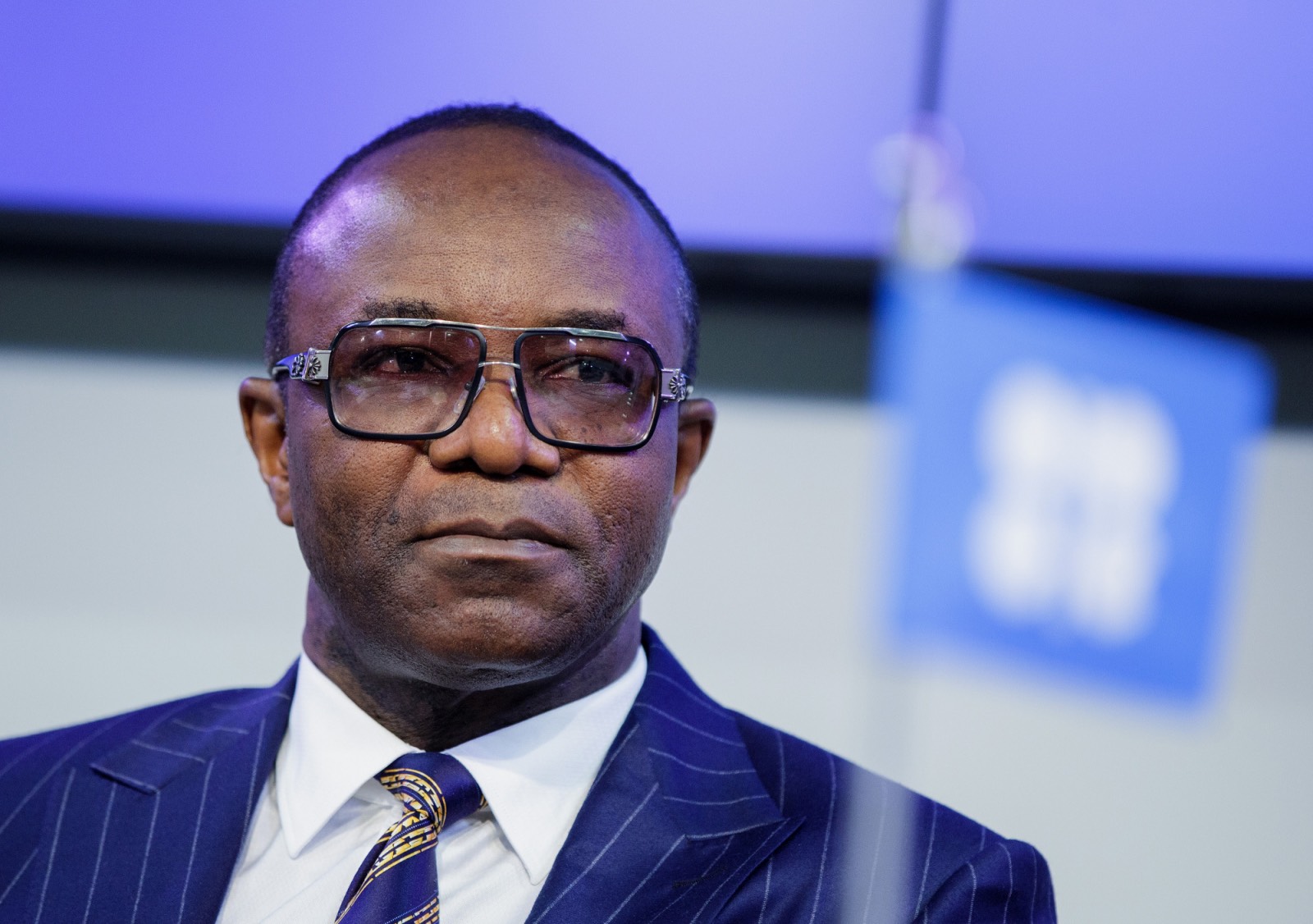Ibe Kachikwu, Nigeria’s minister of state for petroleum resources, has said that the insecurity in the oil-rich Niger Delta region has raised the cost of security in the country six times over in the space of a decade.
Dr. Kachikwu said this while giving the keynote address on Monday, November 28, 2016 at the 17th Health Safety and Environment (HSE) Biennial Conference on the Oil and Gas Industry in Nigeria organised by the Department of Petroleum Resources (DPR) which held in Lagos.
Kachikwu added that the entire ecosystem of Niger Delta was under threat as a result of the oil spills caused by vandalism of facilities by militants.
“In the last couple of weeks, the ministry of petroleum has launched the 7 Big Wins. The first of the Big Wins is getting the Niger Delta stabilised through engagement, empowerment and enforcement. The other aspect of the Big Wins is righting the wrongs through remediation and education,” Kachikwu, who was represented by his senior technical adviser on fiscal and regulatory matters, Tim Okon, said.
Also, the former minister of state for energy and the Amayanabo of Nembe Kingdom in Bayelsa State, Edmund Daukoru, has called on the people of the Niger Delta to listen to themselves and the outside world, adding that blowing up pipelines amounted to cutting their nose to spite their face.
In his speech, Daukoru, who was one of the discussants, noted that one of the problems facing the Niger Delta was that nobody wants to listen.
“Everybody wants to speak; everybody wants to come forward with a solution. We are not listening to ourselves; we are not listening to the outside world,” he said.
Daukoru said the Niger Delta should listen to themselves and the outside world and channel their grievances properly.
He reminded the agitators that the oil and gas facilities being blown up do not belong to only the federal government but to the entire federation, which includes states and local government areas.
In his welcome address, the director of DPR, Mr. Modecai Ladan, said the oil and gas industry had witnessed increased activities in the past decade due to the federal government’s policy and action plan to increase daily production to four million barrels and national reserves to 40 billion barrels by 2020.
He however said with the recent upsurge in militancy, crude oil production and revenue had dropped considerably.







